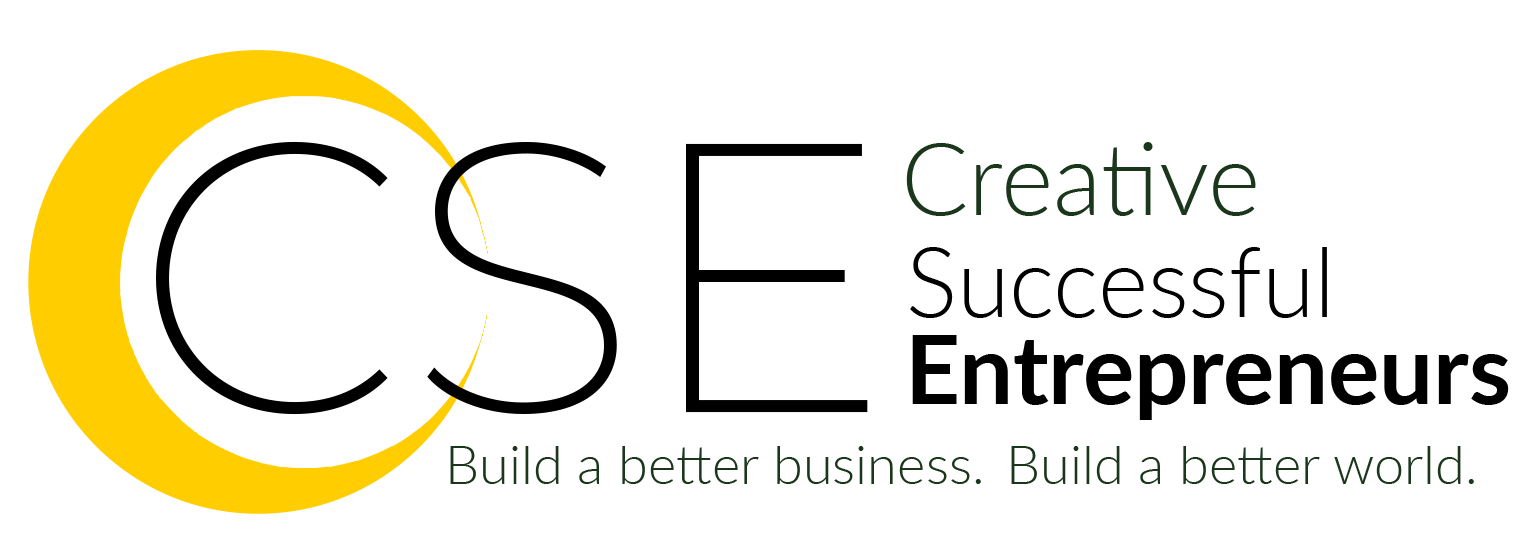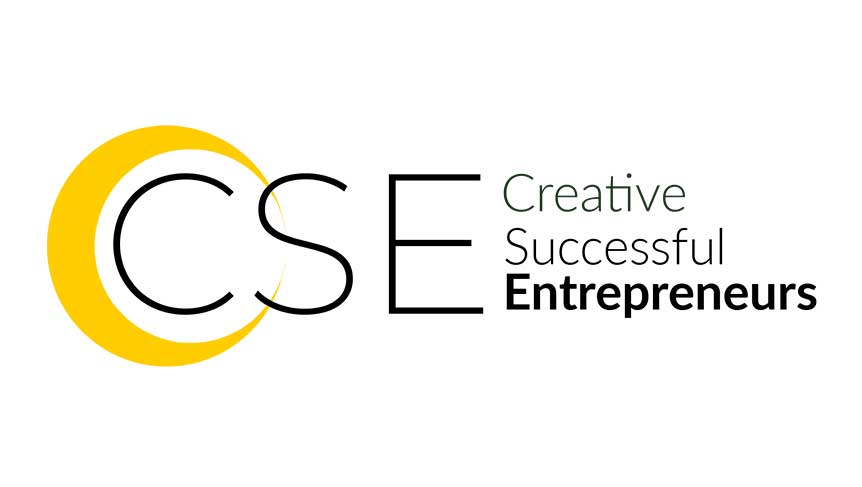
Here is a story from one of our clients, a professional musician, in which he describes how he used our goal setting process to transform his professional career, to finally quit his day job, support himself as a full-time musician, work with better clients and employers, and travel the world! After reading it, you can apply the process to your own goals. (This goal setting process is one we’ve taught for nearly 20 years to hundreds of people across the world, many of whom swear by it, due to the dramatic results they consistently achieve when they start their year with it.)
“When I first consulted with CSE/Melissa I was working a 9-to-5, while playing gigs nights and weekends, but I wanted to be a full-time professional musician. I was making plenty of money between the two lines of work, so I was comfortable in that sense, which also meant that I was in another sense, stuck.”
“Iwasn’t quite making enough money as an artist to make my nut, so making the transition to full-time, self-supporting musician meant giving up a very secure life style for one that was far less stable and predictable. I knew in general what I wanted, but I was foggy on many of the details.
Melissa asked me a lot of questions but one of the central questions, and perhaps the most important one was this: “What do you want?” She already knew what I wanted, in general. This isn’t what she was after. What she wanted me to think about was exactly what I wanted. Exactly what I did want my career to look like. What did I want to be doing? Exactly what it did I want my career as a musician to look like?
With her guidance, I set about creating a crystal clear picture of what I wanted, in writing. Melissa provided me with a number of guidelines to follow while fleshing out my professional and artistic goals, but the one that stands out as perhaps the most significant was this charge: “Ask for what you want, not just what you think you can get.”
Even with this credo in mind, I still sold myself short. It is actually amazing how difficult it is to ask for your dreams to come true. Is it any wonder so many of them don’t? Melissa made sure I didn’t make the mistake of missing out on the life I really wanted, just because I wouldn’t ask for it.
Once we had clarified my goals completely, ensuring that they aligned with my deepest values, that they would be things that would be good for me to pursue in terms of building a happy, healthy life, and that they weren’t tempered by false modesty or lack of confidence, we started to reverse engineer the process. Melissa provided me with a great, simple visual that aided in this process. She asked me to see myself at the peak of the mountain and then to look down and notice how I got there. What were the steps that led me to this great height? In other words, we started at the end. We didn’t look ahead and try to figure out what was possible. All you can see from that vantage point is obstacles, some of them seemingly insurmountable. Instead, we considered the life of a man who had already become a successful artist. Art paid his bills. He had relationships with people in his industry that were deeply rewarding. He got to pick and choose gigs. His life was rich and satisfying. How did he get there? What were the steps? Who had he needed to talk to along the way to get there? Exactly what had he needed to do yearly, monthly, daily in order to have that life?
Looking at the long game and asking for what I really wanted completely change my trajectory. It became clear that if I was going to have a new life, I was going to have to do new things. And many of these things are going to be uncomfortable. Melissa’s process helped me confront the reality of what I was going to have to do; indeed, who I was going to have to become, in order to get what I wanted to get. Every person will have a different experience with this phase of the goal-setting process, but here are the key things that became clear to me: I was going to have to ask for more money, I was going to have to go after better gigs, and I was going to have to create new relationships. Let me share some specifics about each of those in order to illustrate how those things played out in practice.
Asking for more money is a daunting thing. At first glance, it seemed to me that if I asked for more money, I would simply get fewer gigs. Melissa had made me set a minimum price for myself, and strongly implored me to choose a price that was based not on what the market would bear, but what would be required to support myself easily. I needed “X” number of gigs at “Y” dollars per gig. I came up with a number that was slightly higher than most of my peers. It scared me to ask for it, but I started doing it. And you know what? Most people still hired me!
Charging more money actually got me more gigs! This phenomenon really interested me: I found that when I was clear about what I really wanted, when I could see it and feel it, when I walked it and talked it, people reacted to me differently. My confidence in asking for what I wanted, powered by my clarity about WHY I wanted those things, shaped how people perceived and interacted with me in an overwhelmingly positive way. Because I charged more, because I was confident about the price I asked for, people respected me more. I add this detail because it relates to the broader concepts that I learned when I started to present myself to the world with a clear vision.
Melissa’s process also help me to see that I needed to aim higher in terms of the type of gigs I tried to land. My first instinct with one trying to figure out how to take the plunge into the world of a full-time pro was to take every gig, assuming it met my new minimum price standard. But Melissa would ask me things like, “Instead of going after for $125 gigs, what would it take to get one regular $500 gig?” She forced me to regularly start thinking creatively and concretely about how to land gigs that would make four or five times as much money as I was used to making. Not in five years. Now. “What needs to happen to get those gigs now?” she would ask.
Which leads me to the final, important skill that made a real difference in my life: connecting directly with people who either had to work or were doing the type of work I wanted to do. Melissa had me set appointments with five people who were doing the type of gigs I wanted and simply ask them how they did it. One of those appointments lead directly to me getting a great gig, but I’ll get to that in the moment.
In terms of connecting with people who were doing what I wanted to be doing, this meant tracking down and talking directly with professionals at the top of the game, people who were doing what I dreamed of doing, and offering to buy them lunch so I could pick their brains.
Again, this is a matter beginning with the end in mind. I chose people that I wanted to talk to you because I wanted to talk with them, not because I thought I could get to them. But I had no idea how I was going to get in touch with them. Sometimes I had to go through three people to get to the person I wanted to get to. Sometimes I couldn’t get to the person at all. But you know what.? Lots of people were glad to talk to me. And as you might imagine, I got invaluable information from all of them.
I also started going directly to people who could give me the kind of work I wanted. In one case, there was an event agency that paid very well. They had auditions from time to time, but I bypassed that process. I started asking around, to see if I knew anyone who knew anyone who was already working for them and who could get me in front of the person who contracted musicians. As it turned out, I did know someone, and this got me an interview with the person who did the hiring. Here’s the interesting thing: by the time I interviewed with him, he had a very high opinion of me, because of the recommendations that had been given to him by people in his company. None of these people knew me directly! They knew of me, and my reputation was good. But the impression of me was made more favorable by the way I carried myself into the meeting, and by the clarity with which I pursued the opportunity in the first place. I ended up being a source of other hires for this company, eventually. Not only did I work for them (for four times my minimum rate) but they would constantly call me to ask for musician referrals, which allowed me to help my friends along the way.
Within two years of quitting my job, I had played music on five continents and was going to Europe and Central America more times than I care to remember. I realized that there were some limitations to making my living as a performer, and that I wanted to spend more time at home. So I reset, and started the process over, this time setting my sights on being a television and film composer. I now had a pretty impressive resume as a performer, but I didn’t have that many connections in the world of film and TV composers. So what did I do? I contacted people and asked if I could meet with them to interview them about the industry. The very first person I met with hired me on the spot.
An incredible array of practical questions and, ultimately, action items came out of the goal-setting process Melissa worked me through, but the most important thing that happened was that I was able to reframe the challenges or goals in front of me in a way that gave me a much more effective perspective for life. Before working through Melissa’s process, I had been like a chess player, thinking one or two moves ahead. I was so focused on the immediate problem of how to make ends meet as a freelancer I wasn’t seeing the whole board, so to speak. Once I drew back and saw the endgame, I saw each decision, each move as it were, in a different light. Remember, my gut instinct at the very beginning was to take any gig for any money, just to string together enough money to make it. But the strategy would not consider the long game. How I want it to be perceived in the business, what kind of gigs I really wanted, etc. Instead of looking for five $100 gigs, wouldn’t it be better to land one regular $500 gig? And wouldn’t that gig have more value, not just because the money was better, but because the people doing those gigs were more likely to be the people I want to be connected with anyway?
Learning how to dream without qualification, and then following that up with concrete actions, gave me a clarity that was infectious and one which compounded my efforts 1000 fold. Within a few short years of consulting with Melissa I quadrupled the income I was making as an artist, I traveled the world many times over, and was working in arenas I had only ever dreamed of before. CSE gave me tools that literally changed my life, over and over again.
Build a Better Business Build a Better World
We help creatives start and grow businesses. We help people turn their passion into income. We show people how they can make a real living doing what they are best at. And we’ve been doing it for over twenty-five years. Join the hundreds of successful artists, designers, film-makers, healers, coaches, and other professionals who have used CSE to turn their creative passions into thriving businesses. Join the hundreds of successful artists, designers, film-makers, healers, coaches, and other professionals who have used CSE to turn their creative passions into thriving businesses.

